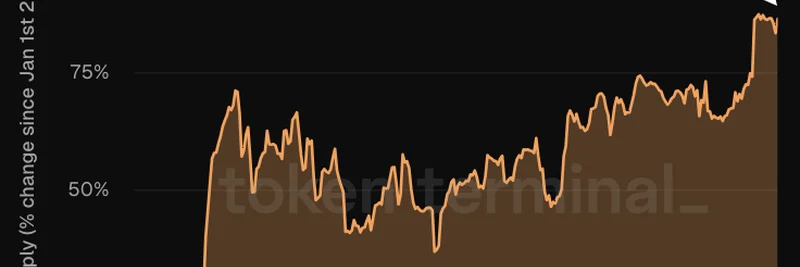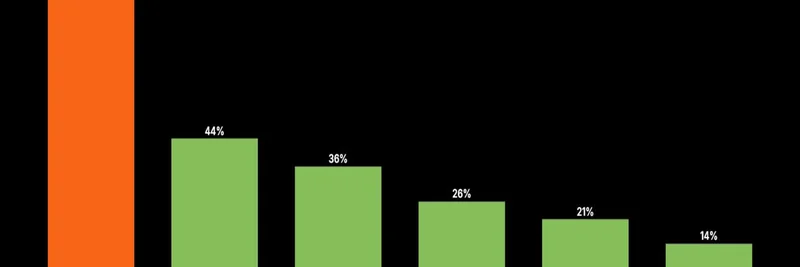Hey there, crypto enthusiasts! If you've been scrolling through X (formerly Twitter) lately, you might have stumbled upon a post that's got the blockchain world buzzing. BSC News dropped a bombshell tweet linking to an article that revives one of the oldest mysteries in crypto: Who is Satoshi Nakamoto, the pseudonymous genius behind Bitcoin ($BTC)? This time, the finger is pointing at none other than Jack Dorsey, the co-founder of Twitter and Block Inc. Let's unpack this theory step by step, keeping things simple and straightforward.
The Tweet That Started It All
The tweet from BSC News reads: "🤯 SATOSHI UNMASKED?! Is this new theory on the pseudonymous creator of $BTC the real deal? Or just another conspiracy..." It links directly to their in-depth piece on bsc.news. No images or videos here, just pure intrigue that's racked up thousands of views and sparked replies from the community debating the idea.
Breaking Down the Theory
At the heart of this speculation is Matthew Sigel, Head of Digital Assets Research at VanEck, a major player in investment management with a focus on crypto ETFs. Sigel argues that Dorsey fits the bill as Satoshi, and honestly, the connections he draws are pretty compelling—even if they're circumstantial.
First off, Dorsey's early days align suspiciously well with Bitcoin's origins. Back in 1996, he was hanging out in cypherpunk circles—these are the privacy-focused tech rebels who laid the groundwork for cryptocurrencies. By 2001, Dorsey was writing about "anonymous change," which sounds a lot like the decentralized, privacy-centric ethos of Bitcoin. Fast-forward to 2003, and he's blogging (half-jokingly?) about a network for selling drugs anonymously. Hmm, echoes of the Silk Road era, anyone?
Dorsey's personal life and philosophy add more fuel. His Twitter bio has long emphasized crypto and pseudonyms, and he's a vocal advocate for reducing reliance on the US dollar—Bitcoin's core mission. There's even a quirky detail: Bitcoin's genesis block was mined around 4 AM, which ties into Dorsey's known night-owl habits.
Timeline Ties and Coincidences
The theory gets juicier with specific dates and events:
- A sailor metaphor hidden in Bitcoin's code matches how Dorsey describes himself.
- On January 10, 2009, an IP address linked to Satoshi was traced to California—right where Dorsey was chilling at the time.
- Key Bitcoin milestones coincide with Dorsey's family birthdays, and Satoshi's forum posts often popped up on Dorsey's own birthday.
- In 2010, around the time WikiLeaks got involved with Bitcoin, timelines overlap with Dorsey's activities.
- A 2013 book by Dorsey's friend talks about him living under a pseudonym, which screams "Satoshi vibes."
Dorsey himself has shown mad respect for Satoshi, even getting spotted in Satoshi-branded gear. He's built Block Inc. (formerly Square) into a crypto powerhouse, with services like Cash App making Bitcoin accessible to the masses.
Is It Real or Just Another Crypto Myth?
Look, individually, these points might seem like stretches. But stack them up, and it's hard not to raise an eyebrow. The article on BSC News stresses that this is all speculative—no smoking gun here. If Dorsey really is Satoshi, revealing it could shake Bitcoin's price or invite unwanted scrutiny. Maybe that's why he's stayed silent, letting the mystery fuel Bitcoin's legendary status.
In the replies to the tweet, folks are split. Some call it a conspiracy, others point to alternatives like David Schwartz (from Ripple). One user quipped that Satoshi's probably lounging on an island, laughing at us all.
Why This Matters for Meme Tokens and Beyond
While this is Bitcoin-centric, it ripples into the broader crypto space, including meme tokens. Theories like this highlight the pseudonymous roots of blockchain, inspiring projects where anonymity and community drive value. If you're into meme coins on chains like Solana or Ethereum, remember: Bitcoin started as a wild idea too. Keeping an eye on these narratives can help spot the next big trend.
What do you think? Is Dorsey the man behind the mask, or is Satoshi forever hidden? Drop your thoughts in the comments below, and stay tuned to Meme Insider for more crypto scoops that blend news, tech, and a dash of fun. If this sparks your interest in Bitcoin's history, check out resources like the Bitcoin Whitepaper for the OG details.



